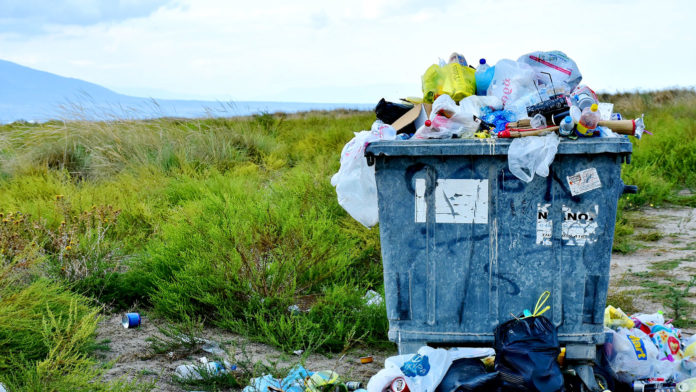Holding the 2018 G7 presidency, Canada wants to lead an international movement to reduce global plastic waste, but spearheading these policy changes would be more watertight if Canada leads by example first.
Tony Walker, environmental professor at Dalhousie University, notes that Canada lags behind other countries in its national policies on single-use plastics.
In January, Montreal became the first major Canadian city to ban single-use plastic shopping bags. Toronto tried to do the same in 2012, but ultimately failed to enact a ban. Several smaller municipalities have bans of their own, but there is still no national policy in place.
By contrast, at least 40 other countries have adopted national policies that limit single-use plastics like drink bottles, straws, and grocery bags, says Walker.
Without any changes to business as usual – by 2050,
🌊 99% of seabirds will have eaten plastic
🌊 plastics will outweigh fish in the ocean.This is wrong and as a global community we must take action! #OceanSummit pic.twitter.com/WX06roveo3
— Catherine McKenna (@cathmckenna) March 7, 2018
The problem with single-use plastics extends far beyond consumer compliance with recycling programs. The relentless stream of plastic consumables, products made for our convenience, exceeds our national capacity to process them.
China, previously the main importer of scrap plastics for recycling, processed over half of the world’s recycling before banning low grade plastics from import to cut down on the resulting pollution of its own natural resources.
The truth is, these products are used for a very short period of time, and take hundreds of years to break down. Even so, they break down into smaller microplastics, which can present their own problems as we have no effective way to separate them from our waterways.
The most direct way to curb their use is to enact policy changes that force companies to look for alternatives or create programs for better recovery and recycling. This could include bans on certain plastic products, requirements for higher quality materials that are easier or less harmful to recycle, or mandatory minimums on recycled content to drive the demand for recovery.
The impact of microplastics on our ecosystems, in particular for marine life, is well recognized. Canada already invoked the Canadian Environmental Protection Act to ban the manufacture of plastic microbeads, and personal hygiene products that contain them will be banned in June, including shower gels, face scrubs, and toothpaste.
Walker suggests that similar protections be established to cut down on plastic bags and bottles.
Environment Minister Catherine McKenna hopes that the G7 nations will sign a zero-waste plastics charter when they meet in Charlevoix, Quebec in early June, pledging to make all plastic packaging 100 percent recyclable, reusable or compostable.








































